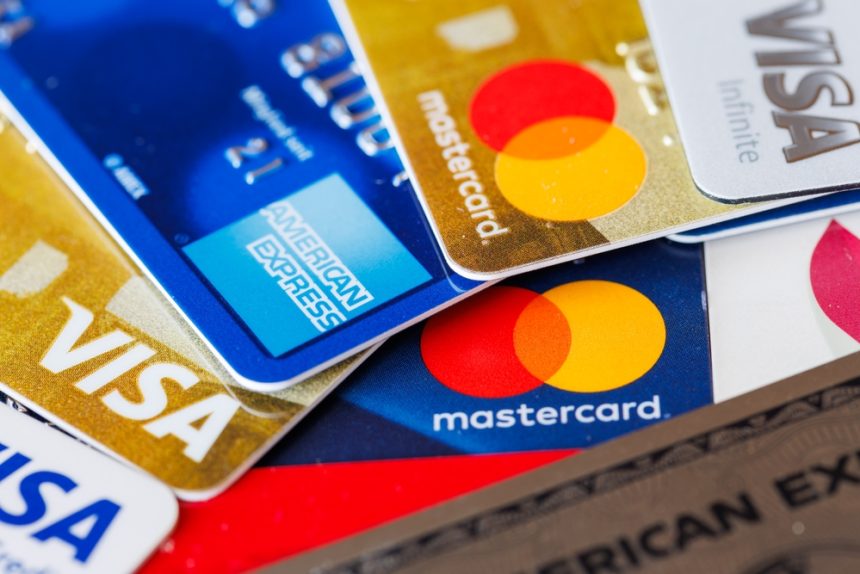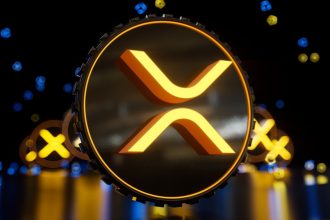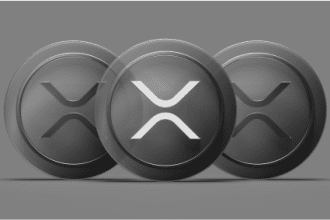From Cards to Coins: Mastercard’s $2B Crypto Integration
After supposedly acquiring Zero Hash for $2 billion, Mastercard has decided the future of money. The deal, which would offer Mastercard direct control over a platform capable of stablecoin settlement, tokenized depositing, and crypto assets, would transform the way money is moved globally. However, Zero Hash is not the typical crypto company since it is the “invisible engine” driving the back of many fintech and payment products; its APIs support compliance, custody, wallet management, and settlement for stablecoins. With this procurement, Mastercard might combine traditional payment trails with crypto-native settlement, effectively transforming stablecoins into a core element of the network.
The acquisition is a brilliant mixture of offense and defense. On offense, Mastercard gets the tools to create faster, more programmable, and more powerful payment products than tweak incumbents. It will be able to clear transactions in minutes, perform cross-border tokenized transfers in seconds, and enable automated transactions. And defense, it prevents its industry from patching a gaping hole while merchants and fintech use “stablecoins” to reduce costs and wait times. Tokenization, essentially, is the act of converting money into blockchain-based tokens. Money can now fly as quickly, safely, and virally as logging in with a QR code modified paper tickets. Due to virality that can strip out all sorts of intermediaries and pauses, stablecoins will be the heart of this diffusion. This could reduce the time it takes for merchants to be reimbursed, permanently eliminate the chargeback, and reduce expenses.
It provides banks and fintechs a legal way to add cryptocurrencies directly into their systems, instead of constructing it themselves. For customers, it feels like second nature. Payments can be made faster and refunds made instantly, while cross-border purchases will feel domestic. If stablecoins are treated as a financial platform, having a legally binding tokenization platform, in essence, becomes a must-have rather than a nice-to-have. A $2 billion acquirement is astronomical, but it pales in comparison to Americans doing trillions of dollars of transactions in non-sovereign money at the end of the century. Everyone will be able to use token railings the way they use Visa’s card railings, and by purchase provides the company an early jump in terms of data, technology, and functionality. Therefore, if finalized, this transaction would induce Visa and huge banks to grow their asset tokenization plans.
Not merely experimental, and the point of it is making payments more effective and globally connected; in other words, it’s no longer a matter of agreeing to use cryptocurrency; it just might become industrial. Acquisition of Zero Hash denotes the shift from the discovery to the creation of money, which would make it possible for quicker, sharper, and closely linked transactions.






















